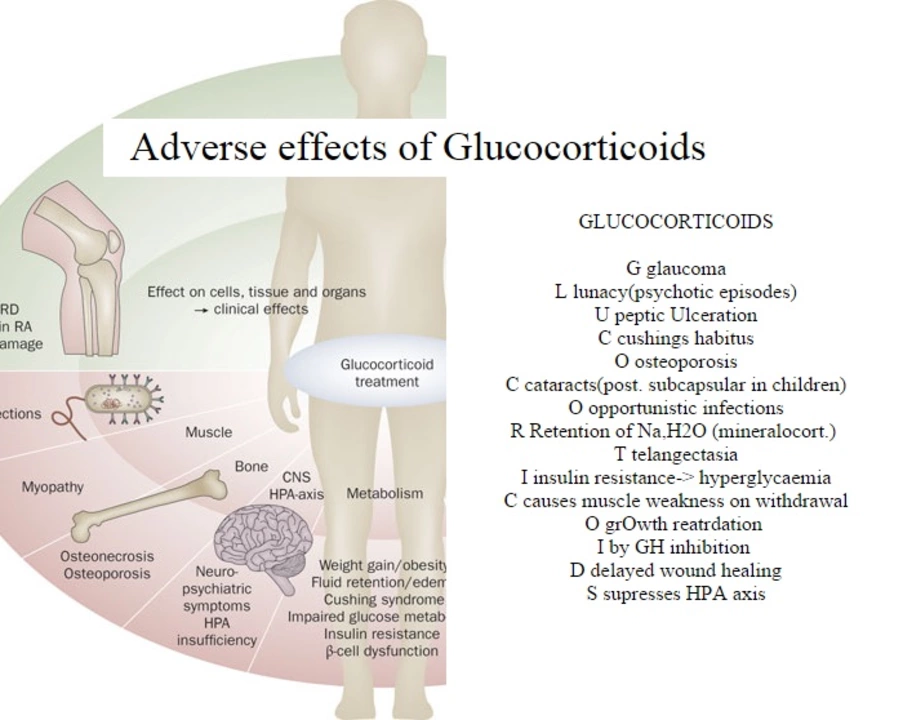Vomiting: what causes it and what to do right now
Vomiting is your body's fast way to clear the stomach. It can come from a virus, food poisoning, motion sickness, medicines, pregnancy, or a nasty migraine. Most of the time it passes in a day or two, but some signs mean you should call a doctor. Below you’ll find clear, practical steps you can try at home and red flags that need medical attention.
Quick home fixes that actually help
Start with small sips of clear fluids—water, weak tea, or an oral rehydration solution (ORS). Drinking too fast usually triggers more vomiting, so aim for a spoon or few teaspoons every few minutes. If you can keep liquids down for several hours, try bland foods: crackers, toast, or plain rice. The BRAT approach (bananas, rice, applesauce, toast) can help, but only after you tolerate fluids.
Ginger works for many people. Try ginger tea or a small piece of candied ginger. Peppermint can calm the stomach too—peppermint tea or sucking a peppermint candy may reduce nausea. For motion sickness, wrist acupressure bands and fresh air are simple and effective first steps.
Avoid anti-nausea over-the-counter pills unless you know they’re safe for you. Many antiemetics can interact with other drugs or aren’t safe in pregnancy. If you take prescription meds, ask a pharmacist before adding anything new.
When to call a doctor or go to the ER
Seek immediate care if you see blood in vomit, green bile, severe abdominal pain, very high fever, confusion, or fainting. Also get urgent help if you can’t keep any liquids down for 24 hours (adults) or 4–6 hours for babies and young children—dehydration can come on fast.
If vomiting follows a head injury, or if you’re pregnant and can’t keep food or fluids down for more than a day, contact your provider. Some medications used to stop vomiting need a prescription and a quick safety check with your doctor—for example, ondansetron can affect heart rhythm if mixed with certain drugs, and metoclopramide is not for long-term use because of movement side effects.
Children, older adults, and people with chronic conditions (like diabetes or heart disease) should get medical advice sooner. Even mild dehydration can be dangerous in these groups.
Wondering what else we cover? Read our related guides on medication safety and dosing, including articles about drugs that can cause nausea and safe alternatives. If you need fast references, check our posts on hydroxyzine dosing for infants and medication safety tips—those pages explain dosing and precautions clearly.
If vomiting keeps coming back over weeks, get tested. Chronic vomiting may point to reflux, gastroparesis, medication effects, or metabolic issues that need targeted treatment. A simple visit can set you on the right path and stop the cycle.
Need more reading? Visit these pages on our site for details: Hydroxyzine Dosing for Infants, Prometrium: Uses & Side Effects, and Constipation in Athletes. If you’re unsure, ask a clinician—bit of advice now can prevent a bigger problem later.
Vomiting and Medication Side Effects: How to Identify and Manage the Problem
I recently explored the topic of vomiting and medication side effects, which can be quite a concerning issue for many of us. It's important to know how to identify and manage this problem, as it can greatly impact our overall health and well-being. I learned that recognizing the signs of medication-induced nausea, such as dizziness and increased salivation, is crucial for proper treatment. Additionally, I discovered various strategies for managing these side effects, like taking medications with food, staying hydrated, and asking our healthcare provider about alternative medications or dosage adjustments. Overall, being proactive in addressing this issue can make a significant difference in our medication experience and overall health.
read more